RIM rebrands itself and unveils BlackBerry Z10 and Q10 devices
With a new name and revamped BlackBerry software, can the ailing smartphone maker claw back market share after 12-month hiatus?
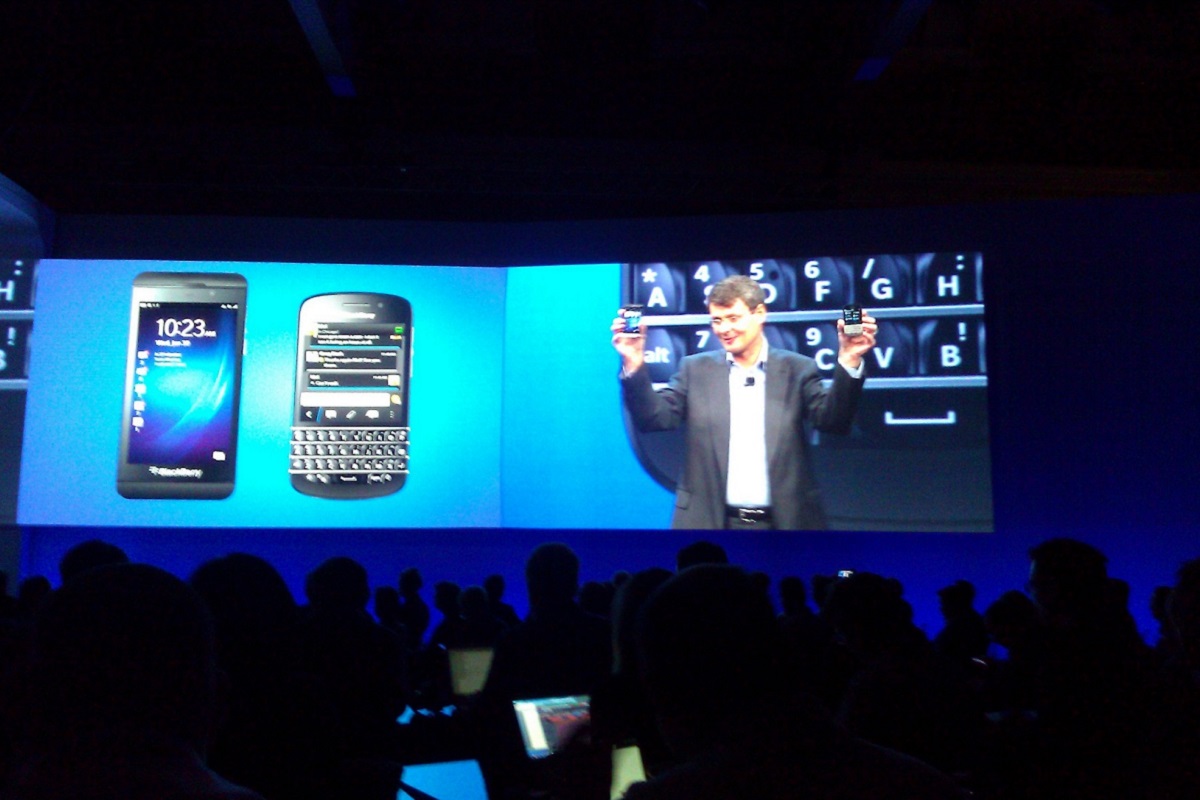
RIM has re-branded itself as "BlackBerry" and finally launched its BlackBerry 10 range of devices, as the Canadian firm fights to claw back market share from Apple and Samsung.
The firm has announced two handsets, which will runs its BB10 operating system, but was coy on specs.
The flagship BB Z10 will feature a 4.2in display with 356 pixels-per-inch density.
BlackBerry has revamped the keyboard - and instead of typing out words, users will be able to "flick" words onto the screen - allowing them to type with just one hand.
Meanwhile, the Q10 combines BlackBerry's traditional physical keyboard with the BlackBerry 10 software and looks to be the the equivalent of the BlackBerry Bold.
What's in it for business?
BlackBerry 10: Can RIM re-ignite its business love affair?BlackBerry 10 - First look review
Get the ITPro daily newsletter
Sign up today and you will receive a free copy of our Future Focus 2025 report - the leading guidance on AI, cybersecurity and other IT challenges as per 700+ senior executives
BlackBerry 10 is based on the QNX operating system which RIM introduced in its ill-fated PlayBook tablet. The firm has spent the entirety of 2012 fine-tuning the OS, and claims it is future-proofed for "the next 10 years".
There will be over 70,000 apps available on launch in BlackBerry World, and the firm expects thousands more to be added each week.
Key apps which are "committed" to the BB platform include Angry Birds, Facebook, Skype, SAP and Whatsapp. However, it is unclear if they will be available at launch.
BlackBerry claims the new software allows for "true-multitasking" - so users can play a video on the internet and check an email without pausing it via its "Peek" feature.
The BlackBerry Hub is deeply integrated into applications. Users can manage messages and social networks without actually having to go into applications such as LinkedIn or the Calendar.
Thorsten Heins, CEO of RIM, took the stage and claimed the BB10 software will transform the market and will mark the start of "true mobile computing".
"We will soon give you more ways to connect your mobile experiences to everyone else. We will be the leader of connecting you to the internet of things," he said.
"Today is a new day in the history of BlackBerry. Two years ago we had to make a serious decision to use someone else's platform or to build a whole new one. We made the decision to go it alone."
One of the key features which is aimed at attracting businesses to deploy the device is inclusion of the BlackBerry Balance software.
The Balance software allows IT admins to split work and personal information on the device and put restrictions in place. So, for example, admins can set the device up so sensitive data may not be copied to a personal workspace.
In the event that a user leaves the firm and takes the BlackBerry device with them, the company says admins will be able to remotely delete all corporate information without affecting any personal data.
Further to this, the BlackBerry 10 platform has received FIPS 140-2 certification. This could make handsets supporting the new BlackBerry software highly desirable in sectors where information needs to be kept confidential such as healthcare, government, legal and financial verticals.
-
 Nvidia braces for a $5.5 billion hit as tariffs reach the semiconductor industry
Nvidia braces for a $5.5 billion hit as tariffs reach the semiconductor industryNews The chipmaker says its H20 chips need a special license as its share price plummets
By Bobby Hellard
-
 Business leaders are having a crisis of confidence over data literacy
Business leaders are having a crisis of confidence over data literacyNews A Salesforce survey reveals business leaders don't trust their data, or their ability to make the most of it
By Emma Woollacott
-
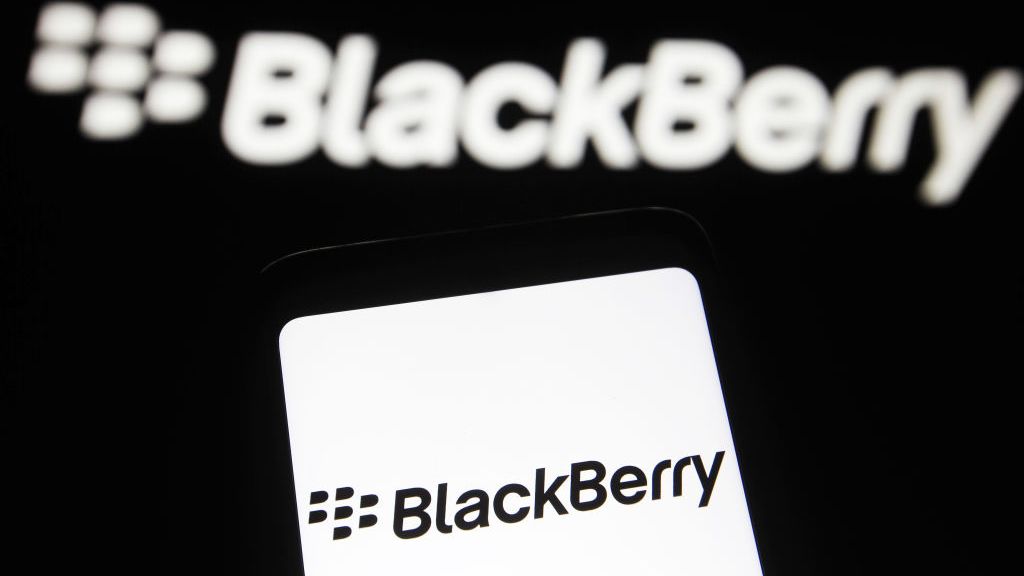 Blackberry revenue falls by 4% as cyber security division takes hit
Blackberry revenue falls by 4% as cyber security division takes hitNews Despite this, the company’s Internet of Things (IoT) division increased its revenue by 28% as it attracted new customers from the automotive sector
By Zach Marzouk
-
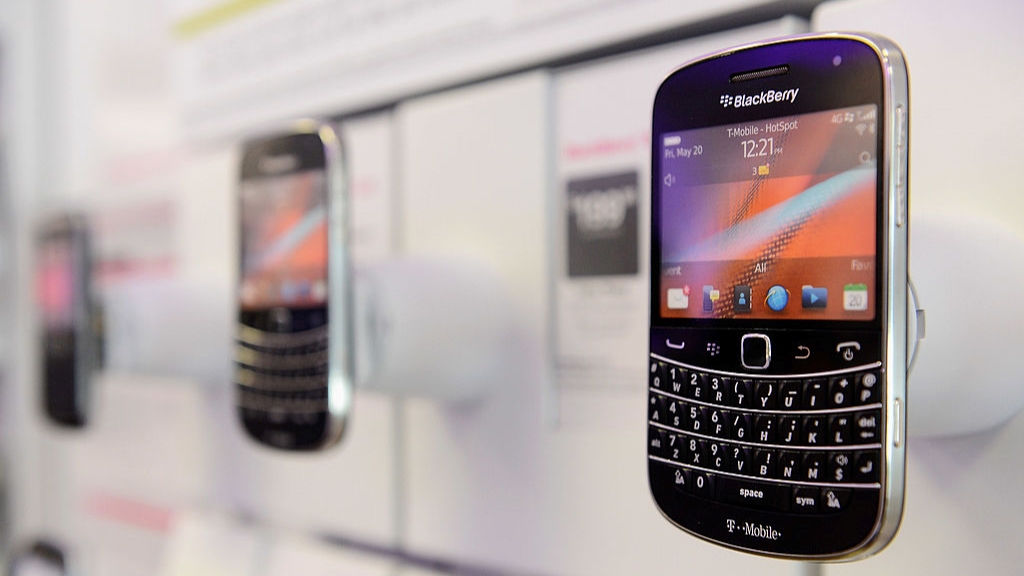 BlackBerry revival is officially dead as OnwardMobility shuts down
BlackBerry revival is officially dead as OnwardMobility shuts downNews The Texas-based startup is mysteriously shutting down and taking its ultra-secure 5G BlackBerry with it
By Bobby Hellard
-
 BlackBerry and AWS are developing a standardized vehicle data platform
BlackBerry and AWS are developing a standardized vehicle data platformNews Platform will give automakers a standardized way to process data from vehicle sensors in the cloud
By Rene Millman
-
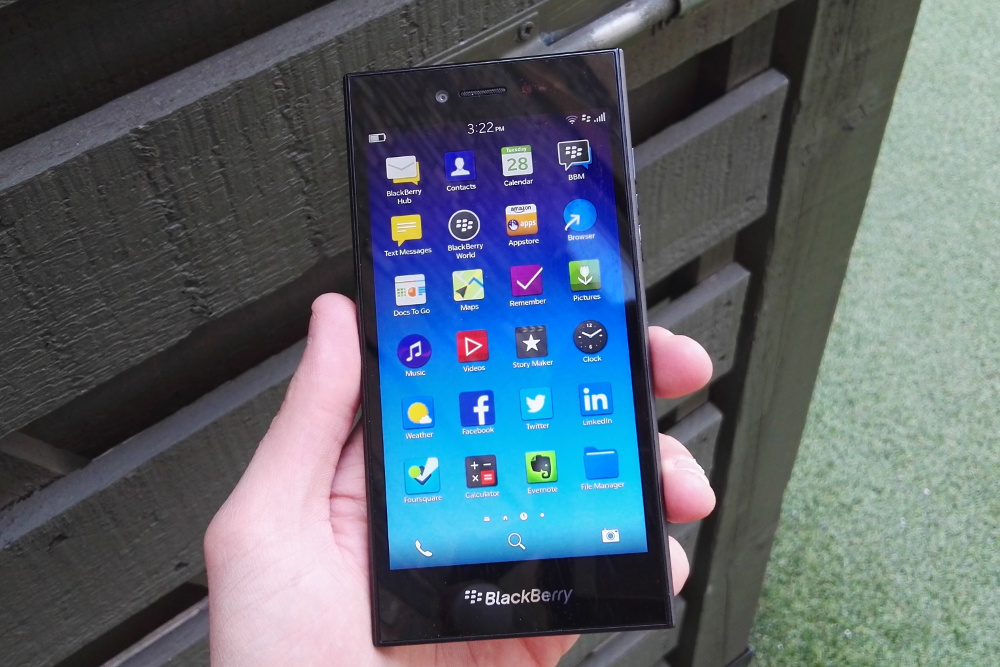 BlackBerry thwarts mobile phishing attacks with new AI tools
BlackBerry thwarts mobile phishing attacks with new AI toolsNews The company's Protect Mobile platform alerts users to potential malware before a link is clicked
By Tyler Omoth
-
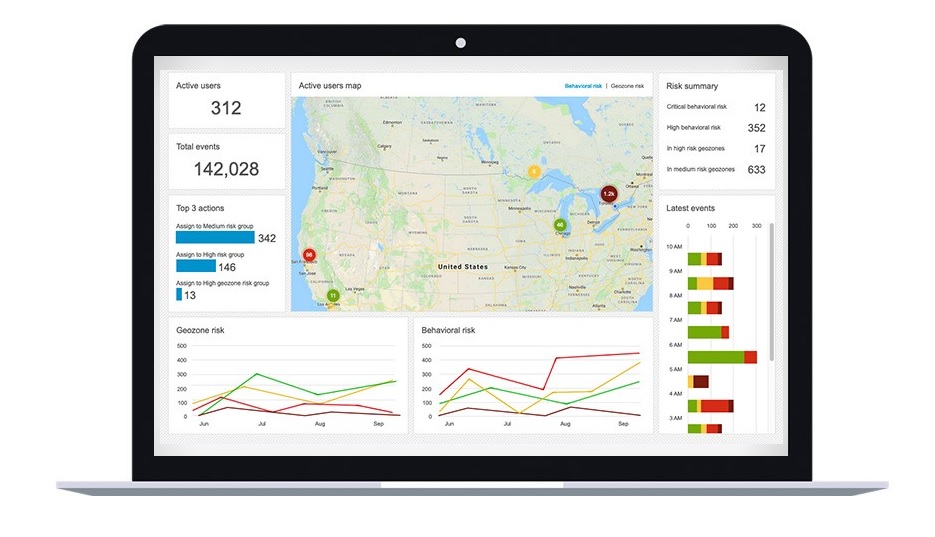 BlackBerry Persona Desktop delivers zero-trust security at the endpoint
BlackBerry Persona Desktop delivers zero-trust security at the endpointNews New security solution learns user behavior and can take action if there’s an abnormality
By Justin Cupler
-
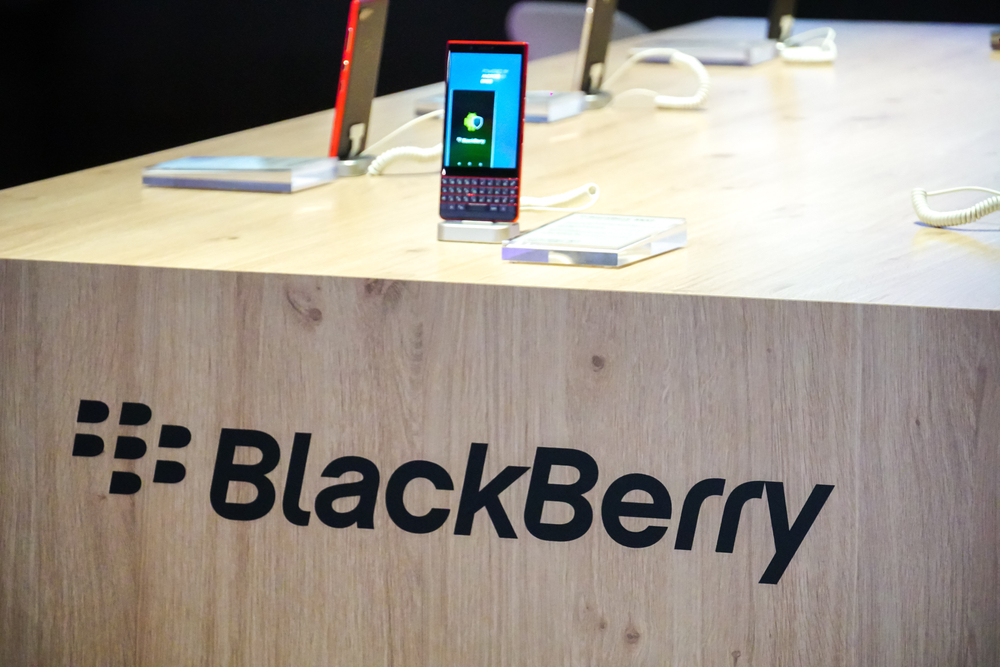 A 5G BlackBerry phone with physical keyboard is coming in 2021
A 5G BlackBerry phone with physical keyboard is coming in 2021News The business phone to be resurrected with OnwardMobility and FIH Mobile planning a security-savvy enterprise handset
By Bobby Hellard
-
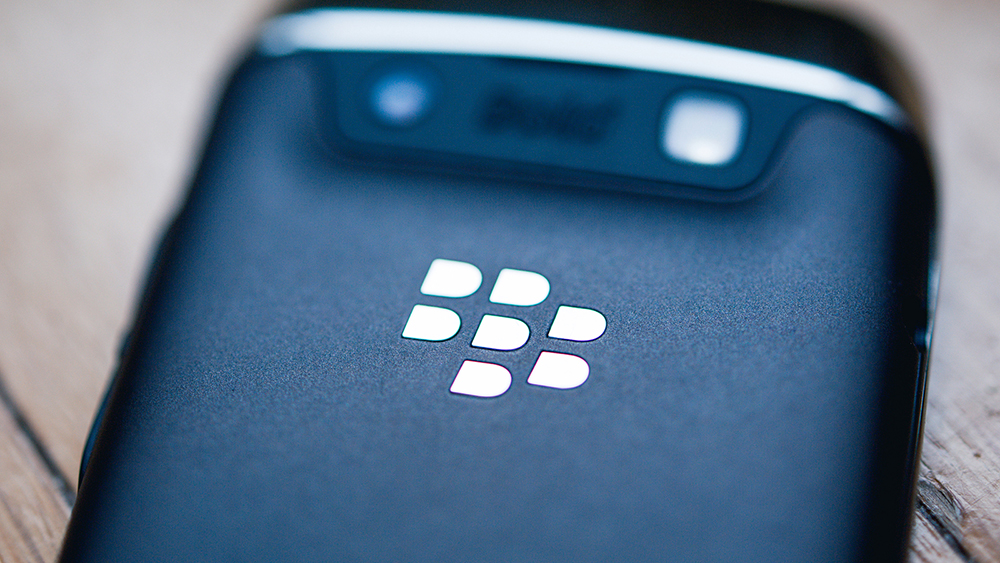 The business smartphone is dead
The business smartphone is deadIn-depth BlackBerry’s demise signals the end of the business-first handset
By Carly Page
-
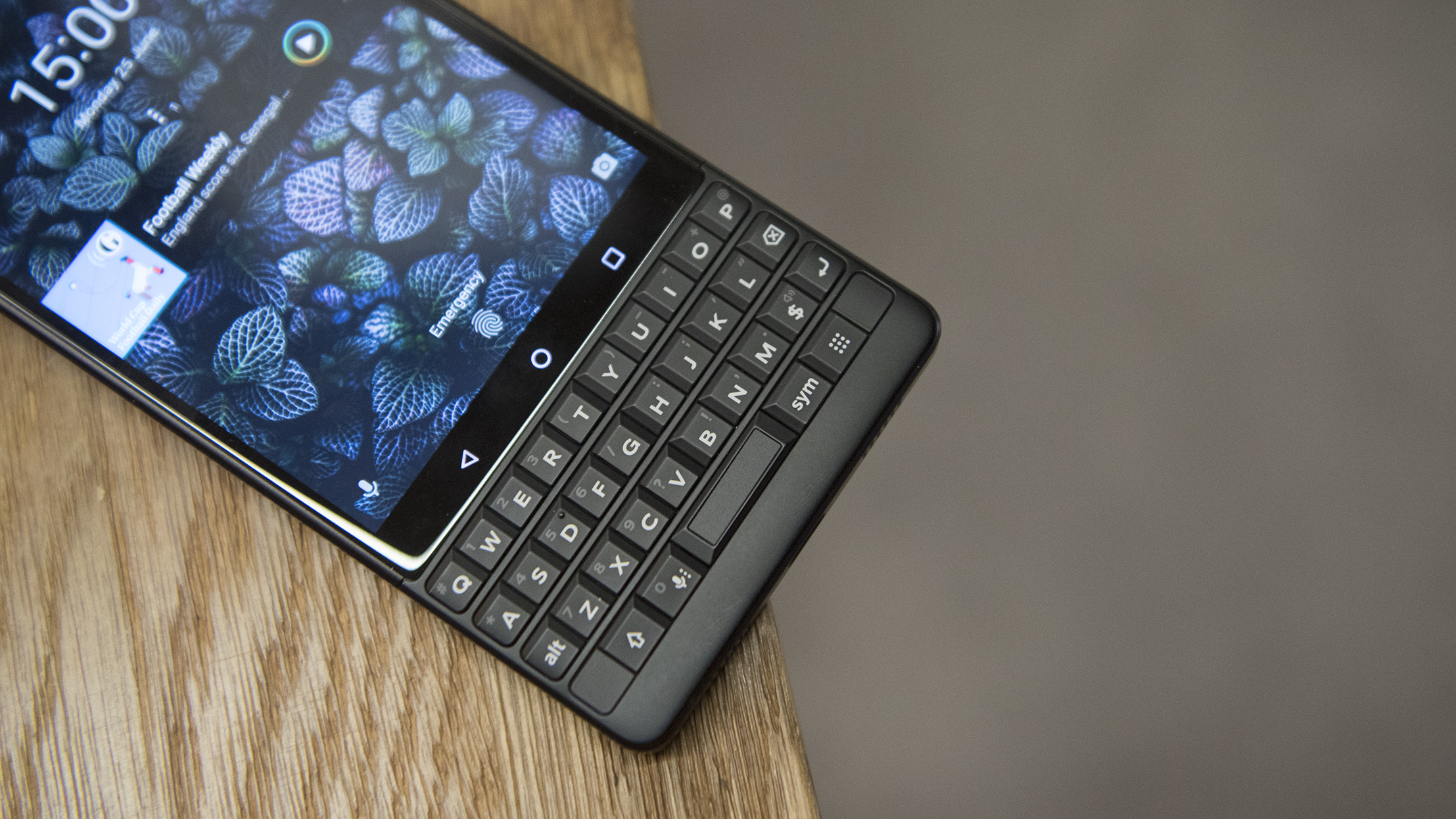 BlackBerry Key2 review: The best physical keyboard no one asked for
BlackBerry Key2 review: The best physical keyboard no one asked forReviews Despite the improvements, the flaws of BlackBerry’s Key range are still front and centre
By Bobby Hellard